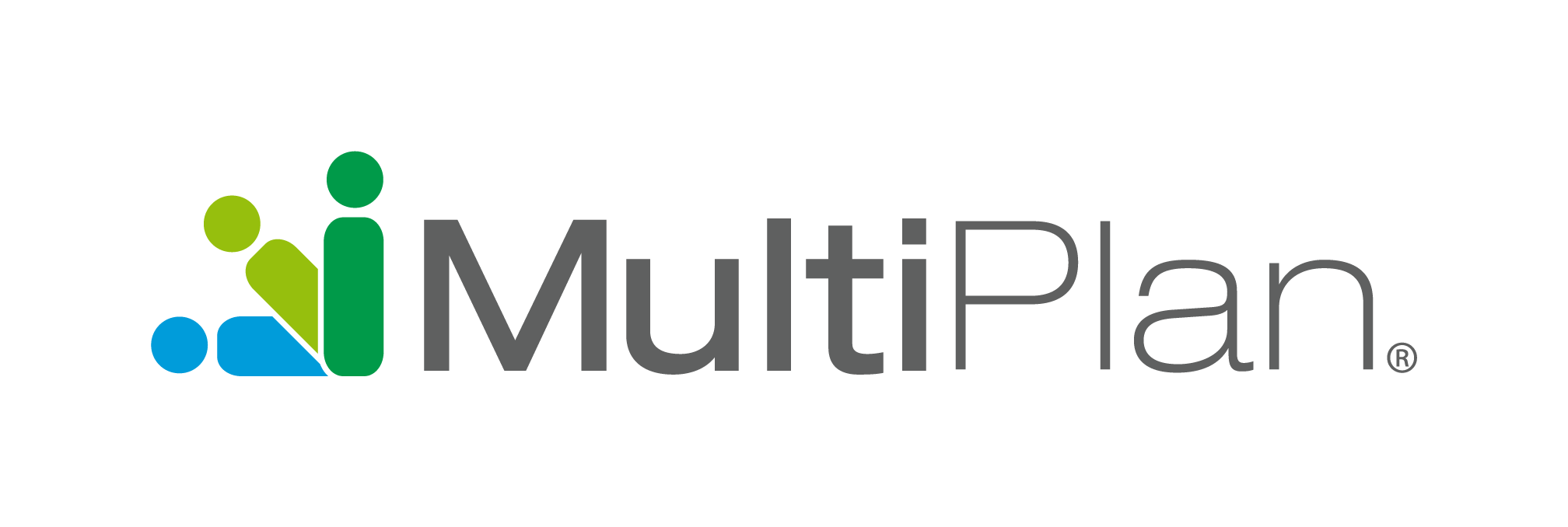On November 3, the Biden Administration released the Federal Independent Dispute Resolution Operations Process Proposed Rules with the intention to improve the IDR process and help ensure timely payment determinations. Pain points these rules attempt to address include:
- The unexpectedly high volume of IDR cases
- The high proportion of ineligible claims submitted for IDR
- The inadequate sharing of information between the parties in the early stages of the process
The following is MultiPlan’s high-level summary of the proposed rules. Specifics of the proposed rules can be found here.
The Proposed Rules, if adopted, would:
- Require increased communication between the parties earlier in the NSA process, including using specific codes within digital claims to convey this required information.
- Create an IDR Registry responsible for assigning registration numbers to plans; this IDR registry number would be used throughout the process to accurately identify the plan related to each disputed claim.
- Provide more clarity around batching and bundling claims, including:
- Limit batching to 25 disputes
- Allow batching of claims for the same patient during the same patient encounter
- Allow batching of claims billed under the same or related service codes
- Allow batching of claims within certain code ranges for anesthesiologists, radiologists, pathologists, and laboratories
- Update Open Negotiation by requiring:
- Additional information sharing at the initiation of Open Negotiation
- A response notice by the non-initiating party
- These notices are provided to the parties and to the administration via the IDR Portal
- Change the IDR process by:
- Requiring additional information sharing at initiation of IDR
- Requiring a response notice by the non-initiating party
- Requiring that these notices are provided to the parties and to the administration via the IDR Portal
- Establishing a two-step selection process of IDRE (preliminary and final selection)
- Expanding the timeline for eligibility determinations by IDRE
- Allowing the administration to step in and handle eligibility determinations during times of high volume or other extenuating circumstances
- Establish additional circumstances under which the parties can withdraw a dispute from the IDR process
- Change the administrative fees by
- Staggering timelines for payment of administrative fees by the initiating party and the non-initiating party to align with the updated steps in the process
- Lowering the administrative fees for:
- Low-dollar disputes (50% of the established administrative fee)
- For the non-initiating party when a dispute submitted to IDR is found ineligible (20% of the established administrative fee)
- Direct collection of the administrative fees by the administration.
What Is Not Addressed
These Proposed Rules do not address the various QPA-related or air ambulance-related changes required by the TMA 3 decision. They also don’t provide any additional clarity on these topics other than what the administration set forth in the sub-regulatory document in early October (FAQS about Consolidated Appropriations Act, 2021 Implementation Part 62 (cms.gov)). The only exception is the batching rule discussion, which addresses the rule that sets aside the requirement that air ambulance disputes be split into two parallel IDR determinations (base fee and mileage fee).
Proposed Effective Date
None of the proposals included in these Proposed Rules will be effective without a Final Rule being published. The administration requests feedback on reasonable effective dates and timelines for the various aspects of these rules should they be adopted.
Comments Due
Comments on the Proposed Rules are due by January 2, 2024.
The information provided on this website does not, and is not intended to, constitute legal advice; instead, all information, content, and materials available on this site are for general informational purposes. If you have questions about how the No Surprises Act applies to your organization, please consult your legal counsel.

